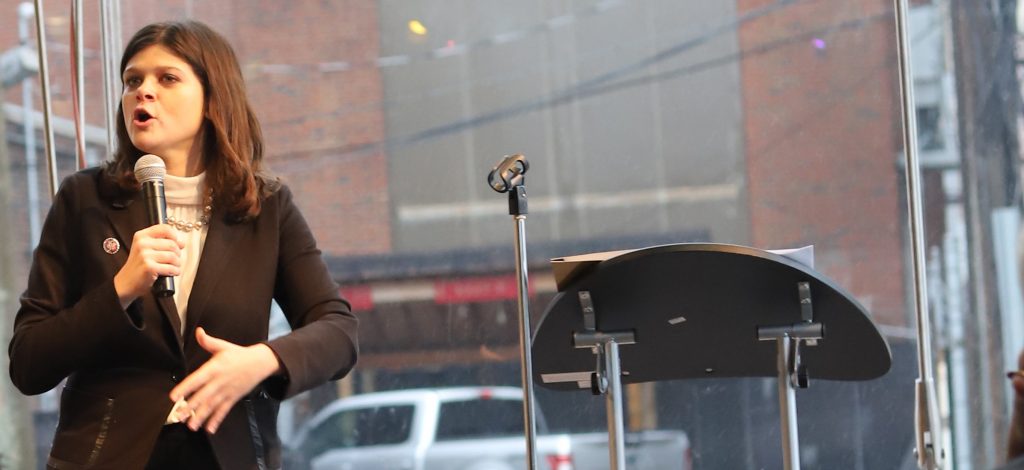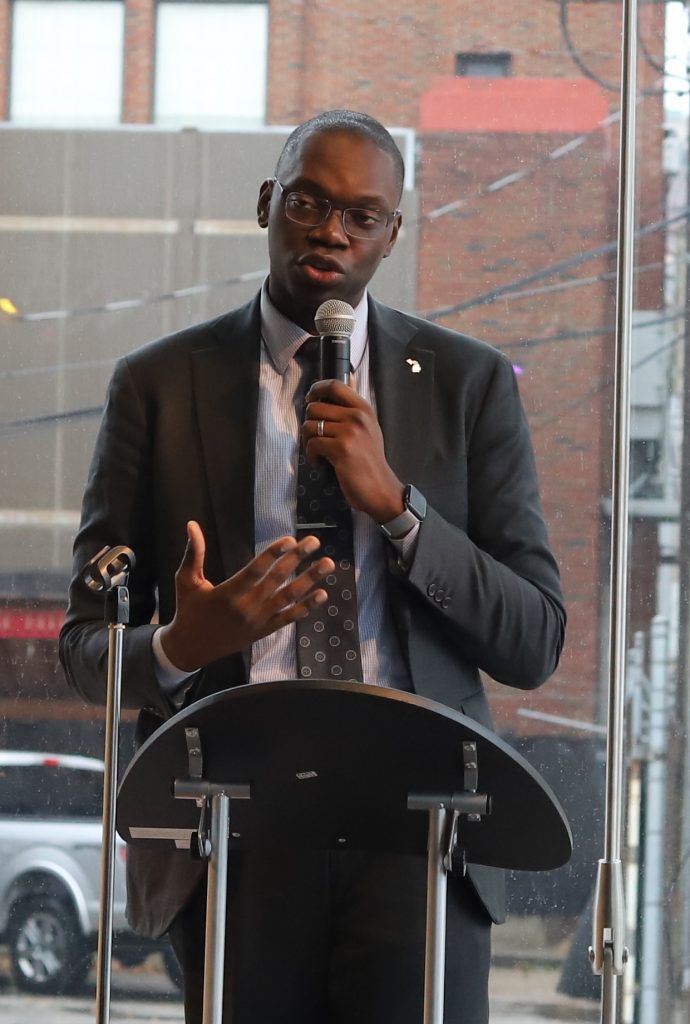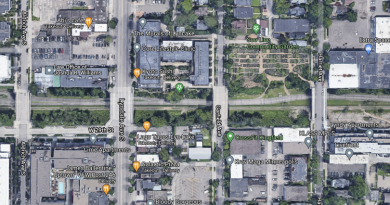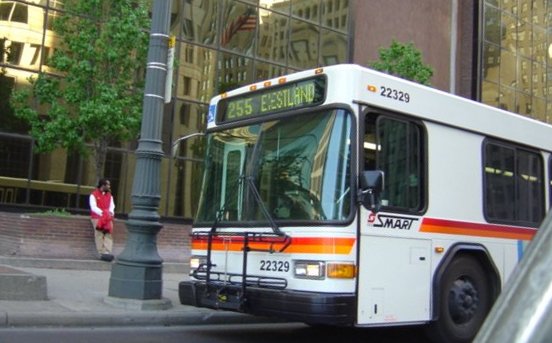The New Mobility Requires A New Workforce
This morning I attended “Driving Our AV Future,” an event produced by the Michigan Mobility Institute (MMI) and the Partnership for Transportation Innovation and Opportunity (PTIO). The event took place at the Industry Innovation Center (formerly just NextEnergy) across from TechTown. There were DIB bagels (even with jalapeño cream cheese!). Attendees included Lieutenant Governor Garlin Gilchrist, Representative Haley Stevens, and staff from Debbie Stabenow and Andy Levin‘s offices. The automotive sector and workforce development nonprofits were well-represented.

Much of the conversation around AV’s seems to focus on talent retention and attraction. The idea is that we need fancy engineers to develop fancy solutions. Surprisingly little of the dialogue, however, focuses on building a sustainable, competitive economy. Automakers will spend a great deal of time talking about their interests in talent retention and attraction, but very few are interested in putting in the time necessary to build and maintain partnerships– like the ones that formed the PTIO, MMI, or other initiatives, whose purposes are to try and connect those dots.
CHALLENGING THE ASSEMBLY LINE MENTALITY
This was described to me one time by a local nonprofiteer as Michigan’s “assembly line” mentality. Focus on your own thing, do it well, and someone else can worry about the big picture. This is fairly evident in silver bullet thinking that pervades local economic development. Detroiters lamented the loss of Amazon HQ2, though most critics maintain that that project was always destined to go in a northeastern city. Carl Gratiot’s response to Amazon’s rejection gained viral notoriety. It satirically trumped up the 3-mile loop of the People Mover (captioned on-screen with “2.94, actually”) while conceding that Detroit’s public transit “wasn’t what you wanted, Jeff Bezos.” The loss indeed highlighted Metro Detroit’s abysmal transit infrastructure, which raises the cost of living here by forcing people into car ownership.
WHY NOT DETROIT?
But it also highlighted a limited talent pool. Indeed, the lack of transit and lack of density in the city proper is a huge impediment to talent retention and attraction. One of the attendees today asked, “why are we losing businesses to San Francisco?”
I don’t know. It might have something to do with the fact that San Francisco has vaguely appropriately-funded infrastructure. BART, though imperfect, works. As does the Muni. It’s possible to get around. People don’t assume you’re a broke-ass for riding public transit. Public infrastructure is a good place to start, and you can then correlate that to San Francisco’s competitive job market. People like to live places where there is stuff going on. Downtown Detroit has a lot of parking lots. (I got some looks when I walked in in my full bike rain gear from the December drizzle.)
DIVERSITY, EQUITY, AND INCLUSION IN MOBILITY
Discussion of what I know now is known by a clever acronym, DEI (diversity, equity, and inclusion) was pretty limited. I’ve always maintained the position that DEI has to be focused more on the “equity” portion. I strongly disagreed with one speaker who said that the Bay Area values diversity more than we do in Michigan; Detroit leads some national conversations about equitable development. But we’re still very focused on how autonomous vehicles are vehicles for consumption rather than for sustainable mobility.
If we’re going to learn anything valuable from AV technology, the conversation has to focus more on helping people get around without simply forcing them to, say, subscribe to Mobility-as-a-Service, or some such nonsense. A DDOT pass is about $700 per year. A car costs around $10,000 per year– plus taxes. We can have options between those two, but we can’t simply move from car ownership to MaaS. Fortunately, the workforce development piece dovetails into a lot of possibilities. Mechanical and electrical engineers and coders can create products that benefit everyone. Technologies like Smart City stuff– while I’m pretty skeptical about it- has some potential.
THE FUTURE
It will be anyone’s guess what’s going to happen to the automotive sector in the next recession, but a credit crunch will reduce their ability to sell Fords F150. This will transform the auto industry, and most professionals seem to agree that very few people are going to be buying and owning cars 20 years from now. Talent development, one representative from Nissan said, has to focus on not just engineering but human solutions as well.
I could have given a standing ovation when the Lieutenant Governor mentioned the need to leverage public and shared resources. He took a brief pause, and then said, “…like the bus! That’s not something you usually hear from an elected official.” And, bless his heart, no, it is not something we hear every day. But it’s certainly something we can and should think more about as we continue to work to develop a professional community and mobility products and services.



